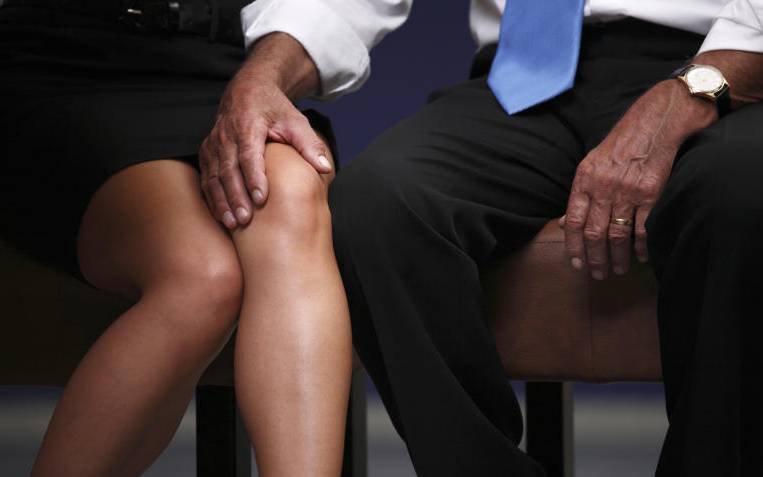×
The Standard e-Paper
Fearless, Trusted News

“The *beeeeep* is wrong with people, seriously!”
No ‘Hello’ or ‘Hi’, just a question put in a pretty terse statement. It was enough to peel my eyes off the screen. The time was some minutes to 7 pm, an hour when the newsroom is a tense frontline in the eternal war pitting journalists against deadlines. It is an hour few phone calls are received. Mukami’s made it to the rare list – accidentally – when I swiped in the wrong direction.







